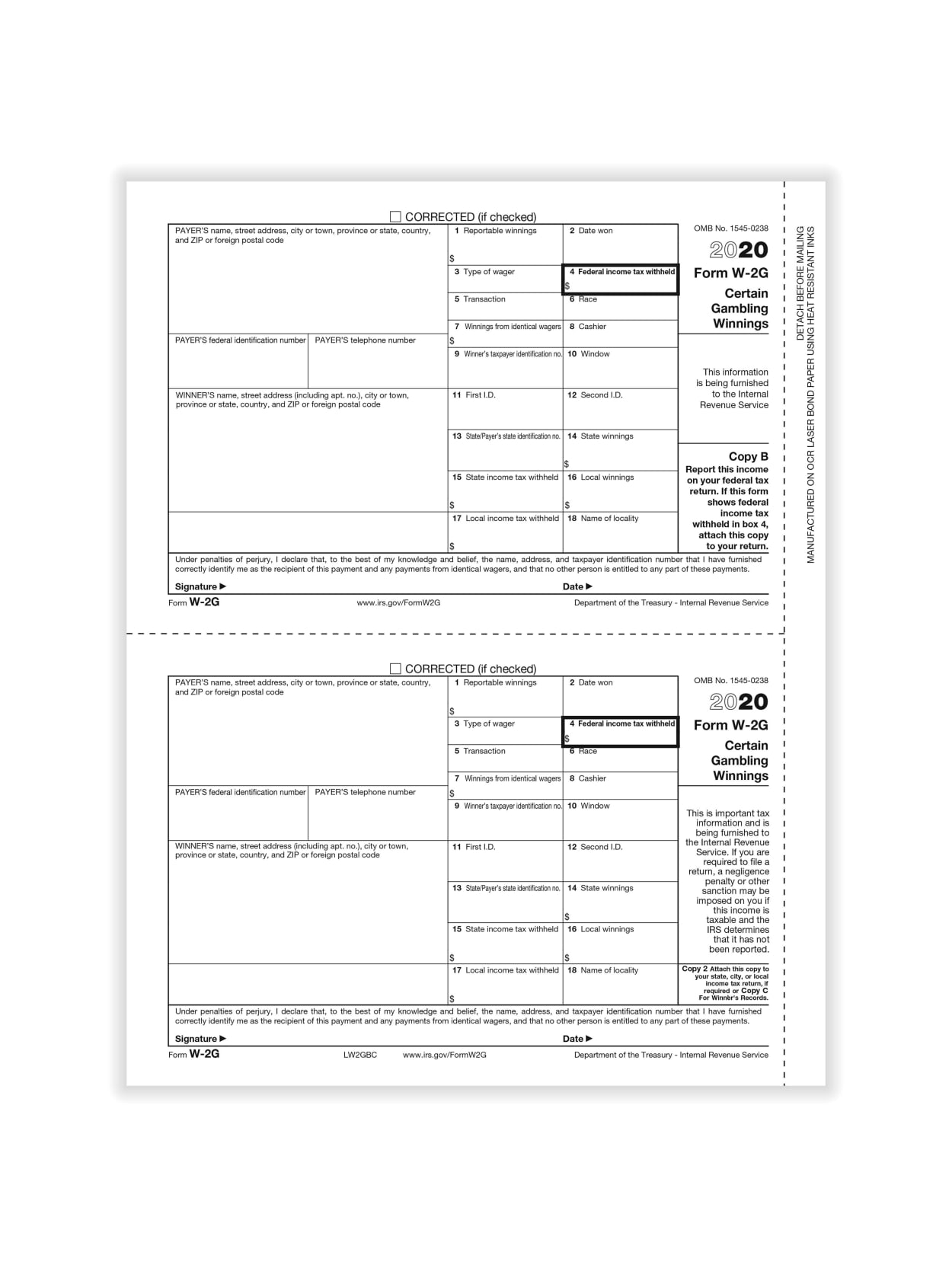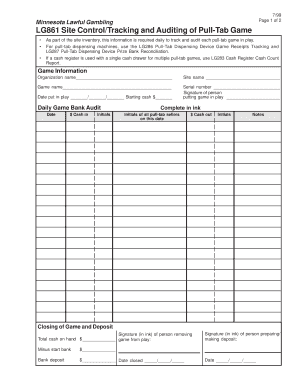Minnesota Gambling Winnings Tax

The taxing of winnings on earnings from gambling in Minnesota has not yet been determined since sports betting remains illegal. If betting becomes legal, it is likely that winnings will be taxed, following suit of other states and many European countries, like Germany where a 5% tax on all winnings is in place. Your gambling winnings are generally subject to a flat 24% tax. However, for the following sources listed below, gambling winnings over $5,000 will be subject to income tax withholding: Any sweepstakes, lottery, or wagering pool (this can include payments made to the winner (s) of poker tournaments).
Gambling Winnings Gambling winnings are subject to federal and Minnesota income taxes. This includes winnings from the Minnesota State Lottery and other lotteries. You’re responsible to report and pay income tax on all prizes and winnings, even if you did not receive a federal Form W-2G.
It’s been a while since I’ve listed out the bad states for gamblers. Here’s an updated list. Make sure you read the notes because while all of these states have tax systems that are problematic for gamblers, some impact amateurs while others impact professionals. Note that I do not cover the laws that impact gambling here (such as Washington State’s law that makes online gambling a Class C felony).
Connecticut [1]
Hawaii [2]
Illinois [1]
Indiana [1]
Massachusetts [1]
Michigan [1]
Minnesota [3]
Mississippi [4]
New York [5]
Ohio [6]
Washington [7]
West Virginia [1]
Wisconsin [1]
NOTES:
Wisconsin Gambling Winnings Taxable
1. CT, IL, IN, MA, MI, WV, and WI do not allow gambling losses as an itemized deduction. These states’ income taxes are written so that taxpayers pay based (generally) on their federal Adjusted Gross Income (AGI). AGI includes gambling winnings but does not include gambling losses. Thus, a taxpayer who has (say) $100,000 of gambling winnings and $100,000 of gambling losses will owe state income tax on the phantom gambling winnings. (Michigan does exempt the first $300 of gambling winnings from state income tax.)
States That Tax Gambling Winnings
2. Hawaii has an excise tax (the General Excise and Use Tax) that’s thought of as a sales tax. It is, but it is also a tax on various professions. A professional gambler is subject to this 4% tax (an amateur gambler is not).
State Taxes On Gambling Winnings
3. Minnesota’s state Alternative Minimum Tax (AMT) negatively impacts amateur gamblers. Because of the design of the Minnesota AMT, amateur gamblers with significant losses effectively cannot deduct those losses.
4. Mississippi only allows Mississippi gambling losses as an itemized deduction.
5. New York has a limitation on itemized deductions. If your AGI is over $500,000, you lose 50% of your itemized deductions (including gambling losses). You begin to lose itemized deductions at an AGI of $100,000.
6. Ohio currently does not allow gambling losses as an itemized deduction. However, effective January 1, 2013, gambling losses will be allowed as a deduction on state income tax returns. Unfortunately, those gambling losses will not be deductible on city or school district income tax returns, so Ohio will remain a bad state for amateur gamblers.
7. Washington state has no state income tax. However, the state does have a Business & Occupations Tax (B&O Tax). The B&O Tax has not been applied toward professional gamblers, but my reading of the law says that it could be at any time.
Yes, the tax deadline for the IRS (and federal estimated payments for the first two quarters) is July 15th. However, not all states conformed to this–especially for estimated payments. The following states all have first quarter estimated payments for individuals that are due tomorrow, April 15th:

Turbo Tax Gambling Winnings
- Arkansas
- District of Columbia
- Hawaii (due April 20th)
- Illinois
- Iowa (due April 30th)
- Kentucky
- Michigan
- Minnesota
- New Hampshire
- New Jersey
- North Carolina
- Oregon
Gambling Winnings Tax Form
So if you need to make estimated payments for 2020 for one of these states, do so. If you are mailing your payment, use certified mail (but not return receipt requested–there’s a possiblity no one is there to pick up the mail).